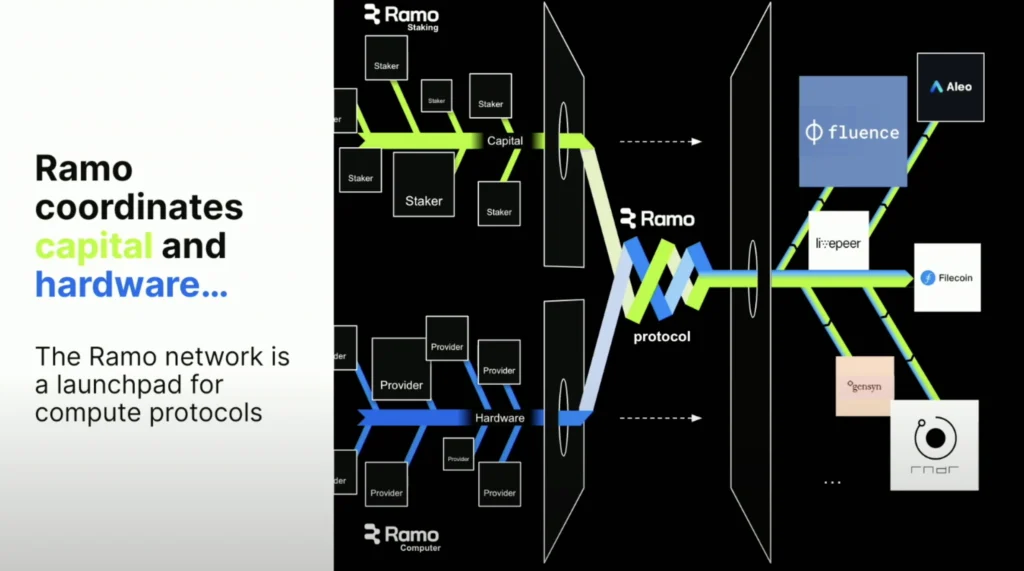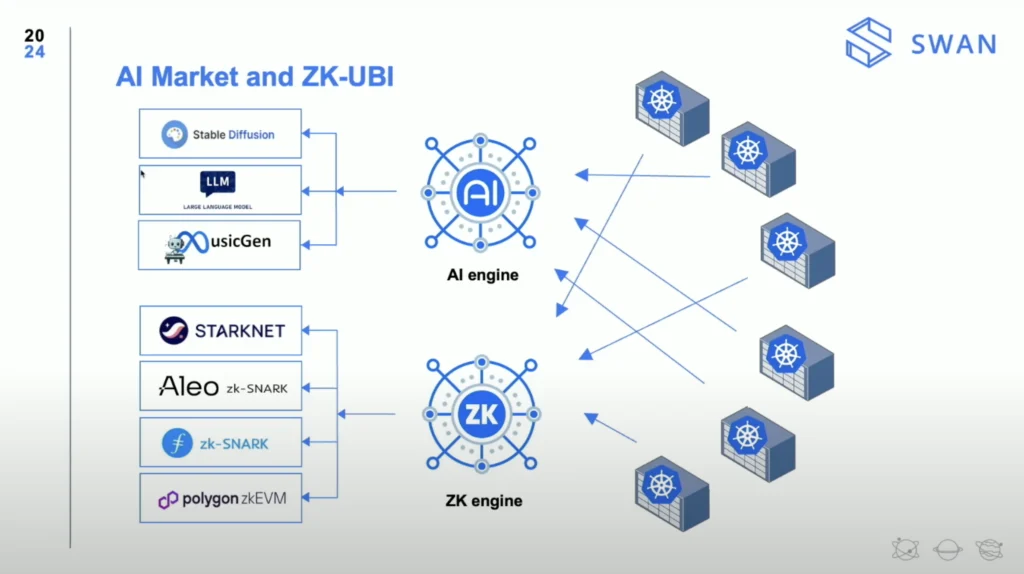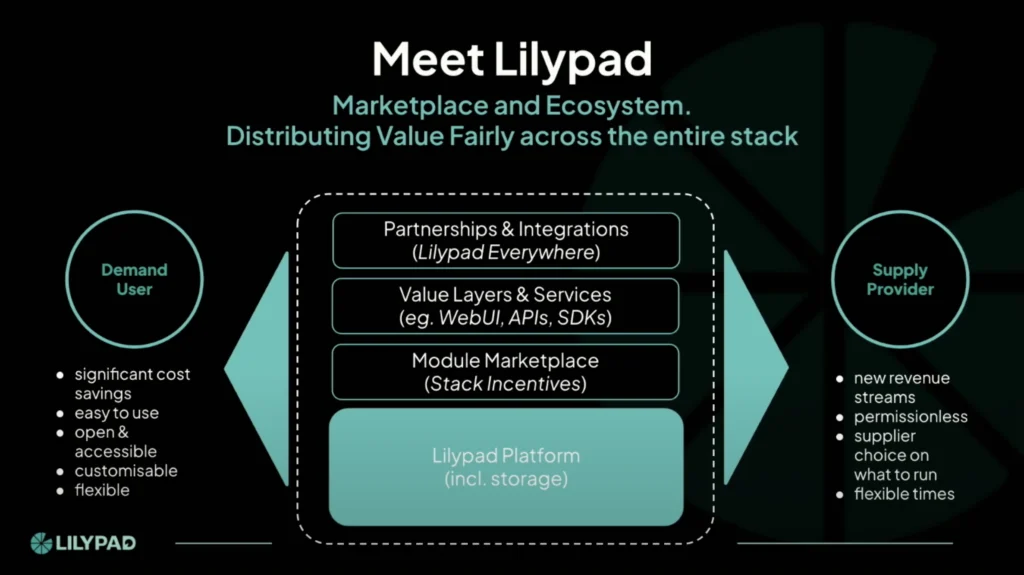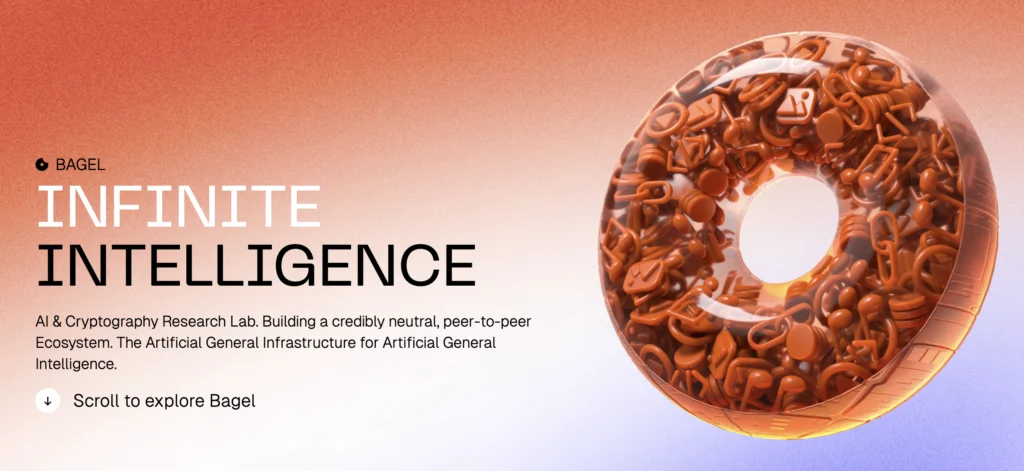At first, the convergence of artificial intelligence (AI) and blockchain seemed like an awkward pairing of buzzwords—a notion often met with skepticism among early adopters. But in merely a year’s time, decentralized AI has evolved from being an obscure idea to one that is central to conversations around the Web3 environment. Such swift transformation owes its momentum to a few crucial elements:
- Influence of AI: AI is set to significantly impact how we interact with the world. As AI agents grow more sophisticated, they will manage tasks like financial transactions and personal coaching. This evolution raises important questions about control and governance in AI development.
- The Risks of Centralized Power: Centralized AI models controlled by a few tech giants pose serious risks, including bias, censorship, and data privacy concerns. This concentration of power stifles innovation and creates vulnerabilities, as highlighted by the recent security breach at Hugging Face.
- The Demand for an Inclusive AI Ecosystem: Decentralized AI offers a pathway to a more equitable and accessible AI landscape by distributing computational processes across various systems. Key benefits include:
- Reduced Costs: Lower barriers enable smaller developers and startups to innovate in AI.
- Enhanced Data Integrity: Verifiable data provenance increases transparency and trust in AI models.
- Combating Censorship: Aligning AI development with market needs fosters a more democratic technological environment.
These points highlight the value of an alternative approach to centralized AI.
The Pillars of Decentralized AI
Decentralized AI comprises 3 pillars: leverages idle computing power from users, utilizes secure decentralized storage, and implements transparent data labeling.
- Decentralized Storage: Utilizing decentralized storage networks like Filecoin ensures secure and verifiable storage for large datasets.
- Decentralized Compute: By leveraging idle computing power from individual users and distributing tasks across a network, Decentralized AI makes AI development more accessible and cost-effective.
- Decentralized Data Labeling and Verification: Transparent and verifiable data labeling processes help ensure data quality and reduce bias, fostering trust in AI systems.
A closer look: Decentralized AI Projects in the Filecoin Ecosystem
To take a closer look into how the Web3 stack can offer benefits to the AI space, we’ll explore the various approaches 4 decentralized AI projects are taking. These projects are utilizing some or all of the pillars of decentralized AI as outlined above.

Ramo – Simplifying Decentralized Network Participation (Funding Stage: Seed)
Ramo plays a crucial role in powering AI workloads by coordinating capital and hardware. By merging resources from various providers, Ramo facilitates the execution of complex tasks such as storage, SNARK generation, and computation, while allowing hardware resources to be jointly funded across multiple networks.
- Multi-Network Jobs: Ramo supports jobs across multiple networks (e.g., read from Filecoin, process on Fluence, write back to Filecoin), helps maximize hardware providers’ revenue and reduces coordination complexity.

Swan Chain – Decentralized AI Training and Deployment (Funding Stage: Seed)
Swan Chain is a decentralized compute network, connecting users with idle computing resources for AI tasks like model training. Filecoin serves as its primary storage layer, ensuring secure, transparent, and accessible storage of AI data, aligning with the principles of decentralized AI.
- Decentralized Compute Marketplace: Swan Chain aggregates global computing resources, offering a cost-effective alternative to centralized cloud services. Users can bid for computing jobs, and Swan Chain matches them with suitable providers based on requirements.
- Filecoin Integration for Secure Data Storage: Swan Chain utilizes Filecoin and IPFS to securely store AI models and outputs, ensuring transparency and accountability in the AI development process.
- Support for Diverse AI Workloads: Swan Chain supports various AI tasks, including model training, inference, and rendering, with examples like large language models and image/music generation.

Lilypad – Distributed Compute for AI (Funding Stage: Seed)
Lilypad aims to build a trustless, distributed compute network that unleashes idle processing power and creates a new marketplace for AI, machine learning, and other large-scale computations. By integrating Filecoin and utilizing IPFS for hot storage, Lilypad ensures secure, transparent, and verifiable data handling throughout the AI workflow, supporting an open and accountable AI development landscape.
- Job-Based Compute Matching: Lilypad’s job-based model matches user-defined compute needs (e.g., GPU type, resources) with providers, creating a marketplace for developers to share and monetize AI models within the decentralized AI ecosystem.

Bagel – AI & Cryptography Research Lab (Funding Stage: Pre-Seed)
Bagel is an AI and cryptography research lab creating a decentralized machine learning ecosystem that enables AI developers to train and store models using the computing and storage power of decentralized networks like Filecoin. Its innovative GPU Restaking technology enhances Filecoin’s utility for AI applications by allowing storage providers (SPs) to contribute to both storage and compute networks simultaneously, thereby expanding support for AI developers and generating new revenue opportunities for SPs.
- Increased Revenue for Filecoin SPs: Bagel helps storage providers monetize both storage and compute resources, boosting their income and incentivizing greater network participation.
- Optimized Compute Utilization: With dynamic routing, Bagel directs GPUs to profitable networks, maximizing efficiency and returns for providers and users.
In Conclusion
The intersection of Filecoin and AI marks a significant step forward in the evolution of technology. By combining verifiable storage with computing networks, we are not only addressing current challenges but also paving the way for future innovations. As these technologies continue to develop, their impact on AI and beyond will be profound, offering new possibilities for businesses and developers alike.
To understand more about Ramo, Swan Chain, Lilypad or Bagel dive into the respective keynotes and links here:
- Unlocking Decentralized Storage for AI Workloads and Beyond – Vukasin Vukoje
- Decentralized Business Intelligence with Swan Chain’s AI Agent – Charles Cao
- The role of open, verifiable systems in AI with Filecoin and Lilypad – Ally Haire
- Bagel and Filecoin Foundation Collaborate to Support Decentralized AI Development
To stay updated on the latest in the Filecoin ecosystem, follow the @Filecointldr handle or join us on Discord.
Many thanks to HQ Han and Jonathan Victor for reviewing and providing valuable insights to this piece.
Disclaimer: This information is for informational purposes only and is not intended to constitute investment, financial, legal, or other advice. This information is not an endorsement, offer, or recommendation to use any particular service, product, or application.